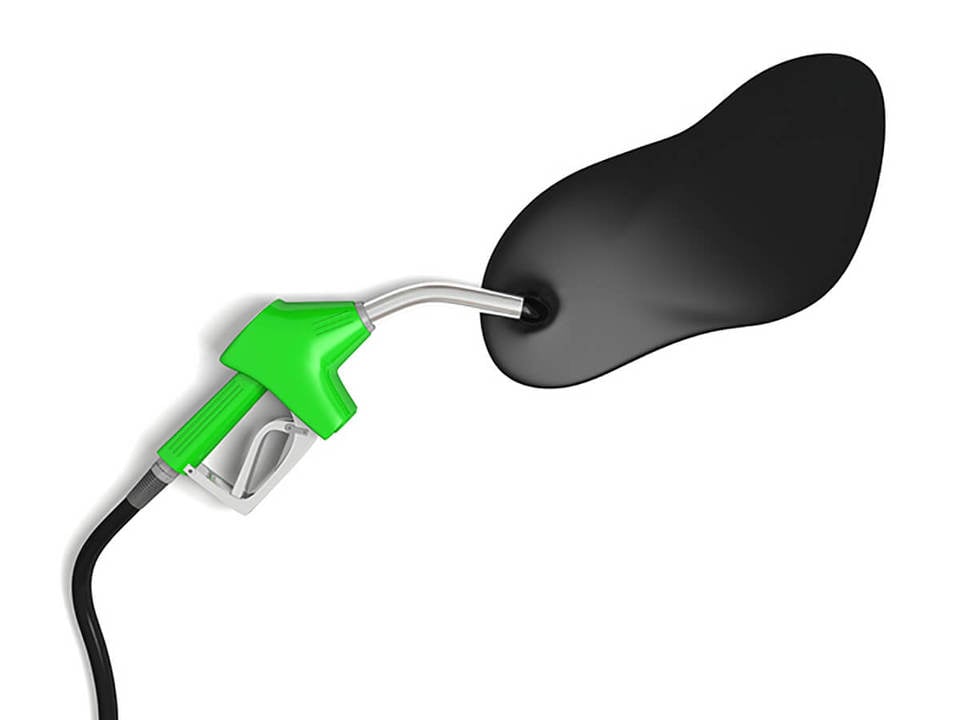Many fleets are now preparing for the impending fuel price rises.
According to exclusive research for Fleet200, which quizzed the largest fleets in 10 industry sectors such as blue light fleets and fleets run by construction companies, 37% are predicting a rise in their fuel spend next year, with 15% expecting the amount they spend on fuel will rise by 10% or more in 2011.
However a quarter said they do not expect their fuel spend to increase next year.
The vast majority of the respondents – 83% - to a Fleet News poll, which received one of the highest response rates this year, said they are now using fuel cards to help manage their fuel costs.
This confirms findings by Arval, which found that 71% of fleets with five or more vehicles are now using fuel cards.
Of those responding to the Fleet News survey, the overriding theme was that fuel cards save not just on fuel costs, but also on administration and driver time.
They also provide data on vehicle and driver performance and spending habits, which can have a dramatic effect on fuel costs.
“Fuel cards are an invaluable tool to manage fuel expenditure,” said one respondent. “As well as offering competitive pricing, cards offer useful management tools and information that help to control overall fuel usage and CO2 monitoring.”
Another said fuel cards mean “no paperwork expense claims, less fraud and better reporting”.
Meryl Gilbert, head of business development – fuel at Arval, agrees: “Fuel cards can provide a lot of valuable data that can help create a fuel policy to change habits.”
Changing driver’s habits are instant quick fixes that can have dramatic results, says Gilbert. “Emailing drivers to remind them not to fill up at the most expensive outlet or with the most expensive fuel can have a major impact. When drivers know they are being watched they change their habits quickly.”
She also advises introducing a policy on the use of air conditioning – don’t allow its use when the vehicle is stationary - and advising drivers never to ‘distress purchase’ fuel but to top up when they pass a cheap outlet.
Supermarkets are still the cheapest places to fill up and motorways the most expensive.
Also use fuel card data to identify drivers who are not achieving acceptable mpg levels. “But use the carrot rather than stick approach to change their behaviour.”
However, not everyone taking part in the Fleet News poll is convinced in the use of fuel cards.
One respondent who does not use fuel cards and instead uses a pay-and-reclaim system, said the main advantages of this system are “that some drivers give us extended credit, some mileage doesn't cost us anything as there is a three-month time limit on mileage claims, and we don't pay for heavy right feet as we use a fixed mpg.”
Fleets should also be considering telematics as a way to manage fuel.
Telematics provider, Trimble, said businesses are “squandering millions of litres of petrol” because employees don’t drive company vehicles efficiently.
According to its survey, poor driving technique, inaccurate fuel gauges and bad record keeping are all contributing to fleets being unaware of their fuel usage.
Its research found fuel prices are the biggest challenge facing fleet managers today. The drive to make business more fuel efficient is forcing fleet managers to take a long hard look at their vehicles and driver behaviour.
“As fuel prices rise, understanding where fuel is being used the most or unnecessarily wasted is crucial for businesses,” says Andrew Yeoman, MD of Trimble MRM.
To check out the fuel prices in your area, come to the Fleet News fuel prices page.


















Login to comment
Comments
No comments have been made yet.